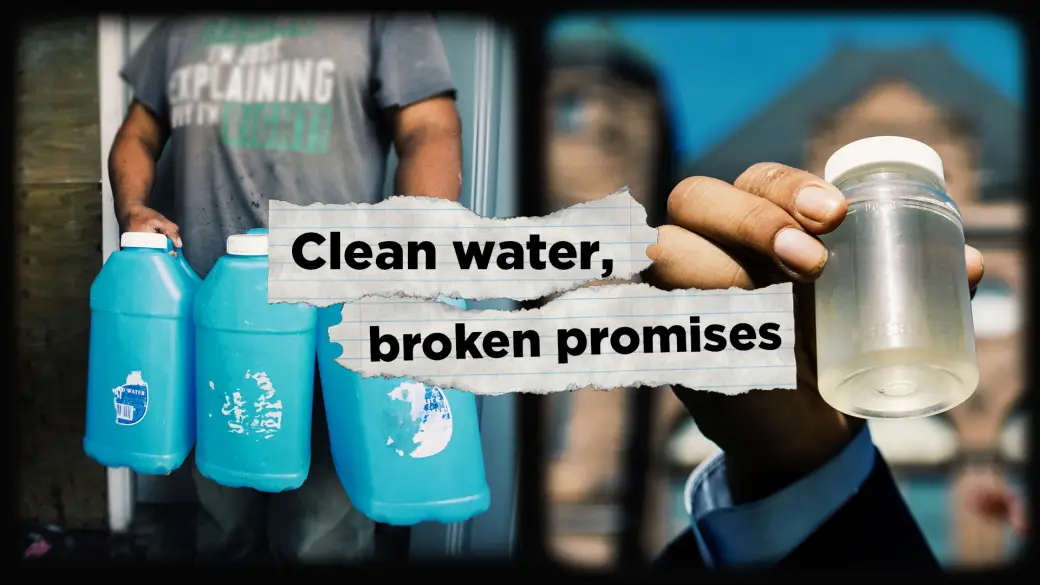Reconciliation is becoming an increasingly important concept in the context of our relationship with Indigenous groups. Reconciliation is the process of addressing and resolving the disparities and injustices of the past to create a more equitable and just future for Indigenous peoples across Canada. This process involves rebuilding trust and relationships between Indigenous peoples and the broader Canadian society and the Government of Canada. This includes the well-being of Indigenous peoples, including all of First Nations(also known as aboriginal peoples), Inuit and Métis peoples in Canada.
Truth and Reconciliation Commission: Building relationships based on mutual understanding and respect.
The Truth and Reconciliation Commission of Canada (TRC) was established in 2008 to document the history of First Nations and the legacy of residential schools and to create a path forward for reconciliation with 94 calls to action. Over the past decade, the TRC has held hearings and published reports that have highlighted the impact of residential schools on Indigenous peoples and their families. Truth and Reconciliation with Indigenous peoples in Canada is a complex and multifaceted process. It involves a deep and meaningful understanding of the past, present, and future of Indigenous peoples in Canada. The goal is to advance reconciliation and support Indigenous rights based on mutual understanding, respect, and trust between Indigenous and non-Indigenous Canadians to forward the reconciliation action plan.

Provide access to clean drinking water: Ensure that all First Nations communities have access to potable water.
First Nation peoples in Canada have faced many challenges in terms of access to clean drinking water. Due to historic and ongoing inequitable treatment, many Indigenous reservations have lived without access to clean drinking water for decades. In some cases, water advisories have been in place for over a decade, making it difficult for the community to trust that their water is safe to drink. This lack of access to clean drinking water has had a negative impact on the health of Indigenous communities across Canada and has led to higher rates of water-borne illnesses. There is also a lack of resources to properly manage water systems, which can lead to further contamination. Despite the Government of Canada's efforts to improve access to clean drinking water, much work still needs to be done to ensure that Indigenous and non-Indigenous peoples in Canada have access to safe drinking water.

Empowerment: Strengthen Indigenous representation in the Government of Canada.
Indigenous representation in Canadian governance has been a major point of discussion for many years. While progress has been made in recent years, there is still much work to be done. Indigenous peoples have the right to have their voices heard in the governance of their territories and across Canada. This means ensuring that Indigenous perspectives are included in decision-making that impacts their lives and their future. Indigenous peoples must have a meaningful role in the design, implementation, and review of Canada’s laws, policies, and programs that affect their rights and interests. This includes ensuring that Indigenous representation is present in all levels of government, including the federal, provincial, territorial, and municipal levels. Additionally, it is especially important that Indigenous peoples have a seat at the table when discussing and negotiating issues that affect them.
Recognize the rights of Indigenous Nations and Calls to Action in UNDRIP.
Canada has a long history of mistreating Indigenous people, and this mistreatment continues to this day. Despite the Canadian government's adoption of the United Nations Declaration on the Rights of Indigenous Peoples (UNDRIP) in 2016, Indigenous people are still not being given the rights and recognition outlined in UNDRIP. This includes the right to self-determination, the right to maintain their cultures, and the right to free, prior and informed consent in decision-making. Additionally, Indigenous people continue to suffer from issues such as lack of access to clean water, inadequate housing, poor health care, and poverty. It is clear that the Canadian government has not taken sufficient action to ensure that Indigenous people are given the rights and recognition outlined in UNDRIP, and it is essential that the government takes these steps.

Raise Awareness: Increase the visibility of MMIW among the public and call for action to end this epidemic.
Increasing the visibility of Missing and Murdered Indigenous Women and Girls in Canada is an urgent priority. The government must take immediate action to address the systemic discrimination that Indigenous women face and to ensure a safe and equitable society. Public education and awareness are paramount in order to build a greater understanding of the crisis and its causes. This includes better media coverage, more diverse representation in popular culture and more widespread public discourse. It also means creating more opportunities among Indigenous women to tell their stories and to hold the government accountable for its actions. There is an undeniable need to recognize the violence that Indigenous women face and to take action to protect them. We must all work together to ensure that the lives of Indigenous women are not forgotten and that justice is served.
